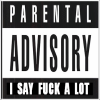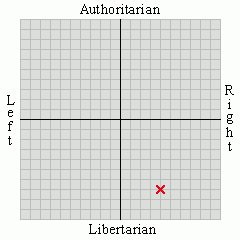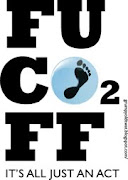A Congolese man is trying to get controversial cartoon book Tintin Au Congo banned in Belgium over its racist and offensive depiction of Africans.Would this be the same bloke who was whining about the same book over six months ago? Why yes, despite a minor variation in the spelling of his name I do believe it is. And did I see this in the same place on both occasions? Again, yes.
Bienvenue Mbutu, a Congolese national living in Belgium, has asked the Belgian courts to ban the book, but has said he would accept a ruling that the book must display a warning about its content.
I don't know if it's the lazy recycling of an old story that adds almost nothing beyond the point that the self-righteous wanker will settle for a warning sticker on the book or the self-righteous wanker himself that annoys me more. Actually I do - it's the wanker, of course. Not being offended is not a right and, despite what certain legislators would wish and maybe even believe, for a single very simple reason it is completely impossible to make it a right: it's utterly incompatible with free speech. In fact any attempt to create a right never to be offended should itself be offensive to anyone who values free speech, which means it would break its own terms. If I thought this would then become some kind of legal black hole that would begin to suck in all the shit laws and the tools that created them it'd be worth putting up with, but sadly that's not going to happen. All I can do is repeat what I said last year...
[This] is about history and how we can learn from it. Mbutu Mondondo and his lawyer should consider that if those who forget the lessons of history are frequently doomed to repeat them then those who would deliberately bury a chunk because it offends them are likely to be partly responsible for future repeats. But I agree with [Mbutu's] lawyer that it is also about the law - specifically whether we can ever apply it retrospectively and remain fair.... and hope the Belgian court tells him to harden up and fuck off. Yes, it's archaic and patronising, but do we look at it and learn better or do we look at it and demand that it must never be seen again? A warning might be a happy medium if - and I stress 'if' - the publishers are willing, though I feel that a page one note simply pointing out the historical context would be better, especially if it ended with the point that it is wholly up to the reader whether they take offence or not and if they think it's likely that they will they should please put it back on the fucking shelf.




















